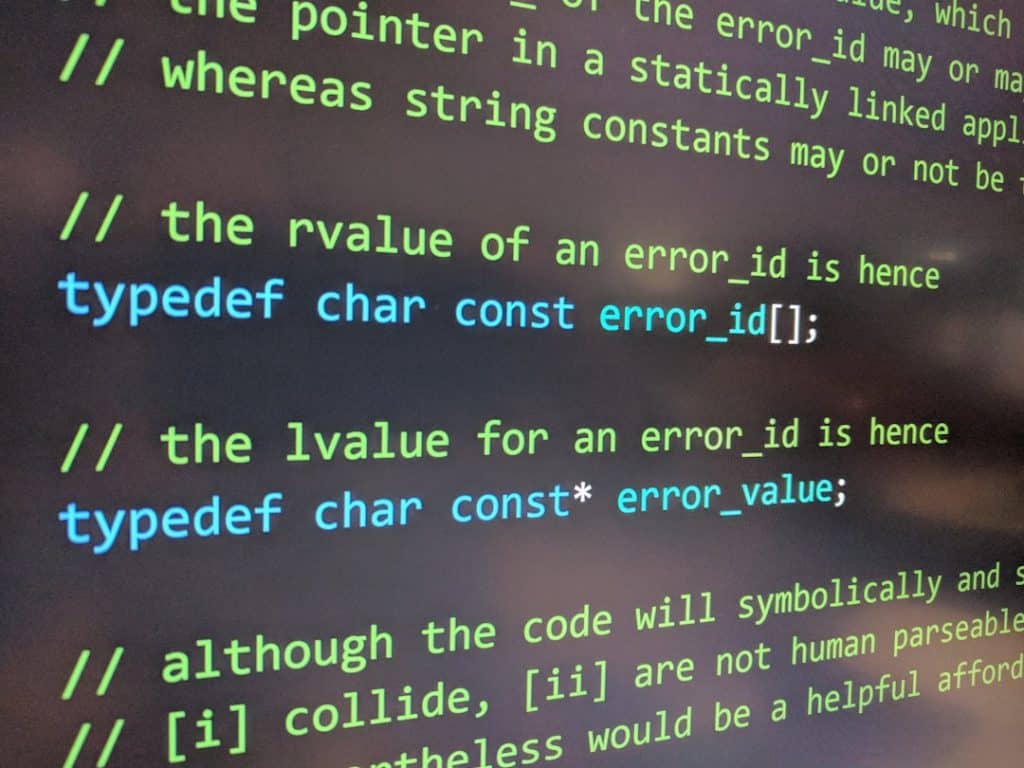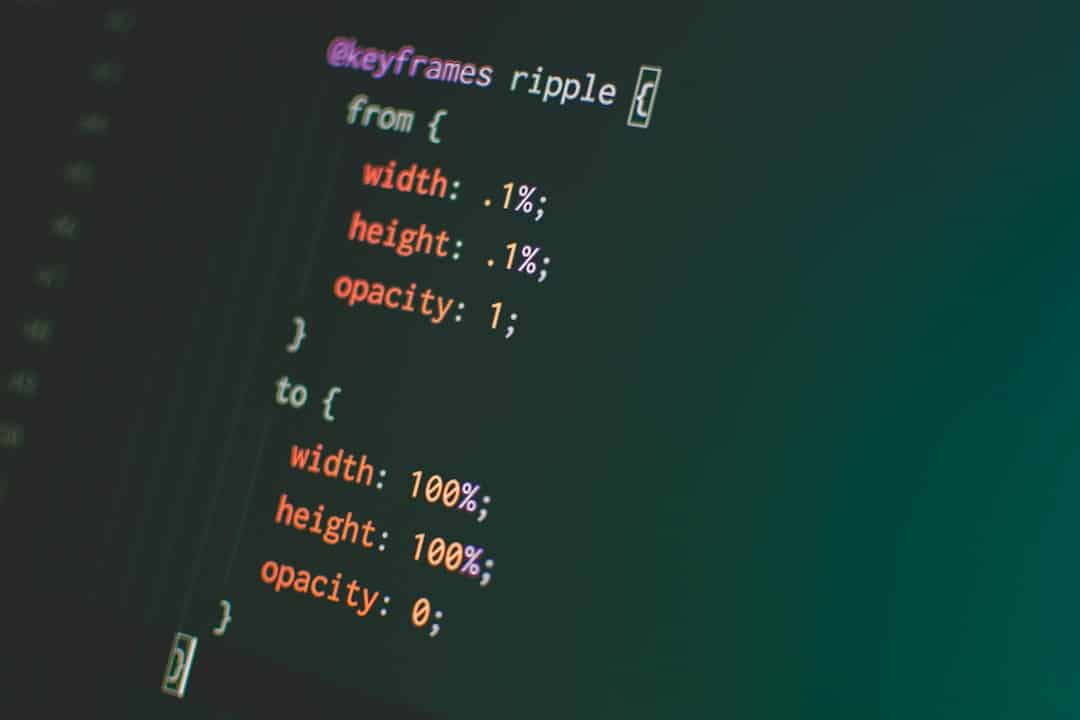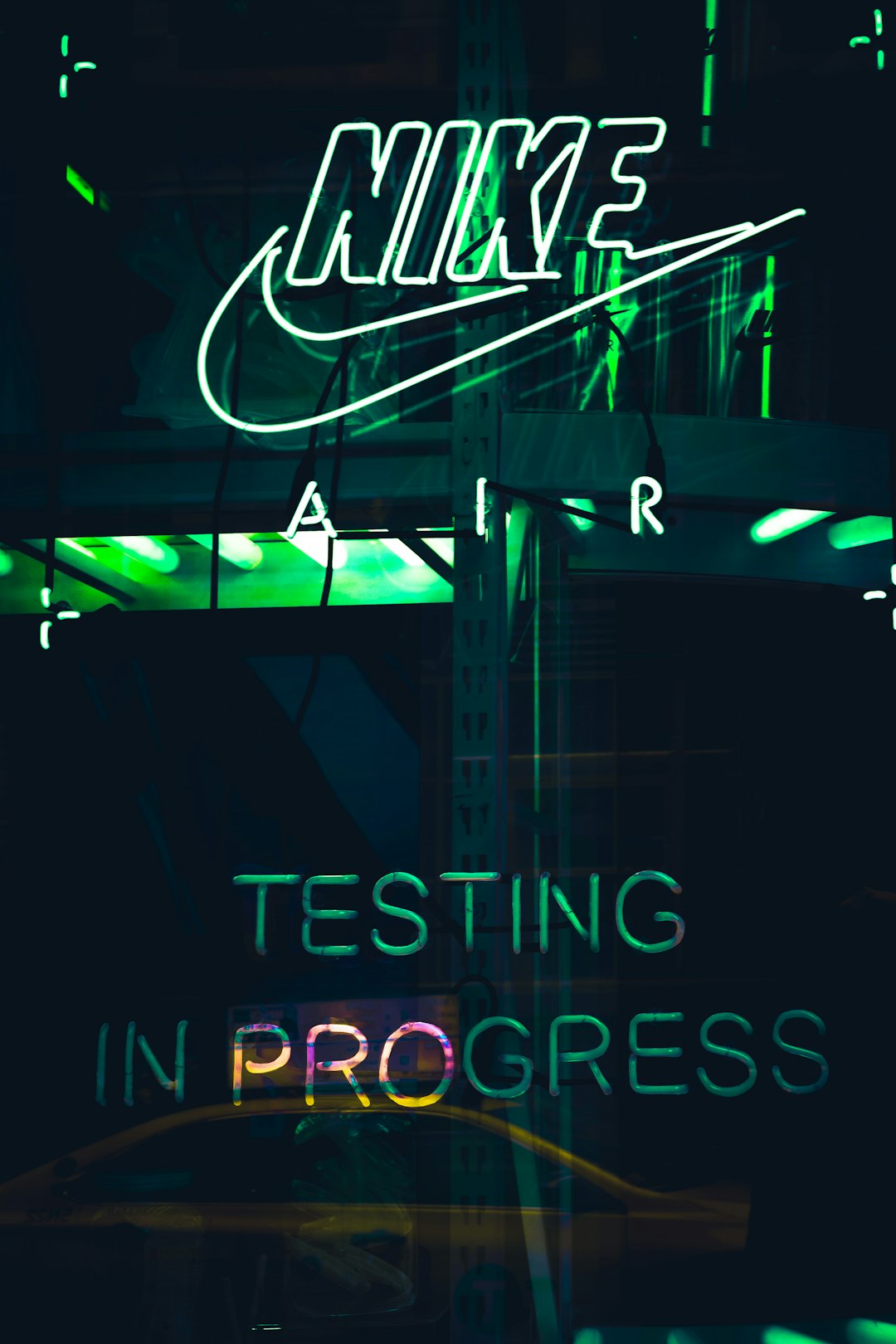WordPress Coding Help: Essential Tips and Resources for Beginners and Developers

WordPress is the most widely used content management system (CMS) in the world, powering over 40% of all websites on the internet. Whether you’re a beginner dipping your toes into the realm of website development or an experienced developer looking to expand your toolkit, understanding the nuances of WordPress coding is essential. This guide provides a reliable starting point with key tips and dependable resources to help you navigate your WordPress development journey more effectively.
Why Learning WordPress Coding Matters
While many users rely on pre-built themes and plugins, there will inevitably be scenarios where custom coding is needed. Whether it’s tailoring a site’s appearance, expanding functionality, or boosting performance, a solid understanding of WordPress coding gives you full control over your site. More importantly, it empowers you to create secure, maintainable, and compatible customizations.
Core Languages Every WordPress Developer Should Know
WordPress is built using a combination of several key technologies:
- PHP: The server-side scripting language at the heart of WordPress.
- HTML: The structural markup language used to organize content.
- CSS: Controls the styling and visual layout of WordPress themes.
- JavaScript: Enhances interactivity and dynamic behavior on the front end.
- MySQL: The database system for storing and retrieving content.
Mastering these languages isn’t mandatory from day one, but gradually understanding them will dramatically expand what you can achieve with your WordPress site.
Tips for Beginners Starting With WordPress Coding
Embarking on your coding journey can be overwhelming. Here are a few essential tips to guide beginners:
- Start with Child Themes: Never alter a parent theme’s core files directly. Instead, create a child theme to safely deploy your custom code.
- Use the Built-in Editor with Caution: WordPress provides a code editor within the dashboard, but it’s best used sparingly. A better practice is editing files locally and using FTP or a version control system like GitHub to deploy changes.
- Practice Debugging: Enable WordPress debugging by modifying the wp-config.php file. This helps pinpoint coding issues early.
- Understand Hooks: Actions and filters (aka hooks) are key to extending the functionality of WordPress. Learn how to use add_action() and add_filter() properly.
- Respect WordPress Coding Standards: Always write clean, readable, and standardized code following WordPress’s official guidelines.
These foundational habits not only reduce frustration but also foster a scalable coding practice as you grow more advanced.
The Role of the WordPress Theme and Plugin Architecture
The flexibility of WordPress largely comes from its theme and plugin architecture. Themes determine how your website appears to users, while plugins control additional functionalities.
Custom themes can be developed from scratch or adapted from existing frameworks. Meanwhile, plugins allow you to extend WordPress’s capabilities without altering core files. Understanding how to register scripts, enqueue styles, or create custom shortcodes are crucial skills for any developer wanting to modify or build plugins.

Essential Development Tools
Reliable development depends on the right set of tools. These are especially valuable for beginners who want to accelerate their learning curve:
- Local Development Environment: Software like LocalWP, MAMP, or XAMPP allows you to safely create and test WordPress sites on your computer.
- Code Editor: Visual Studio Code and Sublime Text offer syntax highlighting, extensions, and autocomplete features ideal for WordPress coding.
- Version Control: Git lets you track code changes over time and collaborate with others, essential for managing projects.
These tools simplify the process of learning and ensure any major mistakes are completely reversible.
Reliable Resources for Learning and Troubleshooting
The WordPress community is vast and supportive. There are numerous trusted resources that cater to coders at different skill levels:
- WordPress Developer Handbook: Maintained by the WordPress.org team, this is the go-to reference for all things coding in WordPress.
- WordPress Stack Exchange: A Q&A platform where developers solve problems collaboratively and share best practices.
- WPBeginner: Although targeted at new users, this resource includes code snippets and tutorials that are often beginner-friendly.
- CSS-Tricks and MDN Web Docs: Excellent for brushing up HTML, CSS, and JavaScript skills essential for front-end WordPress development.
Using a combination of documentation and community support will dramatically reduce the time it takes to become proficient in WordPress coding.
Common Coding Pitfalls and How to Avoid Them
Beginners and even seasoned developers can fall into common traps:
- Not Testing Code in a Staging Environment: Making changes directly on a live site can break functionality. Always test new code in a staging version first.
- Ignoring Code Security: Always sanitize and validate input, especially in forms and custom plugin settings, to prevent attacks like SQL injection or XSS.
- Plugin Overload: Installing too many plugins can slow down your website or cause conflicts. It’s better to write lightweight custom code wherever feasible.
Taking extra precaution with security and performance from the outset ensures long-term success for your WordPress projects.
Best Practices for Advanced Developers
If you’re beyond the beginner stage, it’s time to elevate your coding standards:
- Follow Object-Oriented Programming (OOP): Use classes and OOP principles to organize complex code bases more efficiently.
- Modularize Functions: Break your code into manageable, reusable components.
- Use Composer and Autoloading: Modernize your projects with tools that enhance dependency management and reduce code redundancy.
- Write Unit Tests: Ensure that your code works reliably by writing automated tests using PHPUnit or WP_Mock.
These practices not only lead to more professional, scalable sites but also breathe longevity into your code.

Conclusion: Building Confidence Through Consistent Learning
WordPress coding doesn’t need to be intimidating. With some foundational knowledge, patience, and access to quality resources, developers at all levels can develop secure, functional, and visually appealing websites. As with any programming discipline, consistency is key. Continue to experiment, stay current with updates in the core platform, and engage with the broader WordPress community.
Whether your goal is to tweak a theme, build a plugin, or launch a full-scale web project, mastering WordPress development is not just a valuable skill—it’s a gateway to creative freedom and professional growth in the digital landscape.
